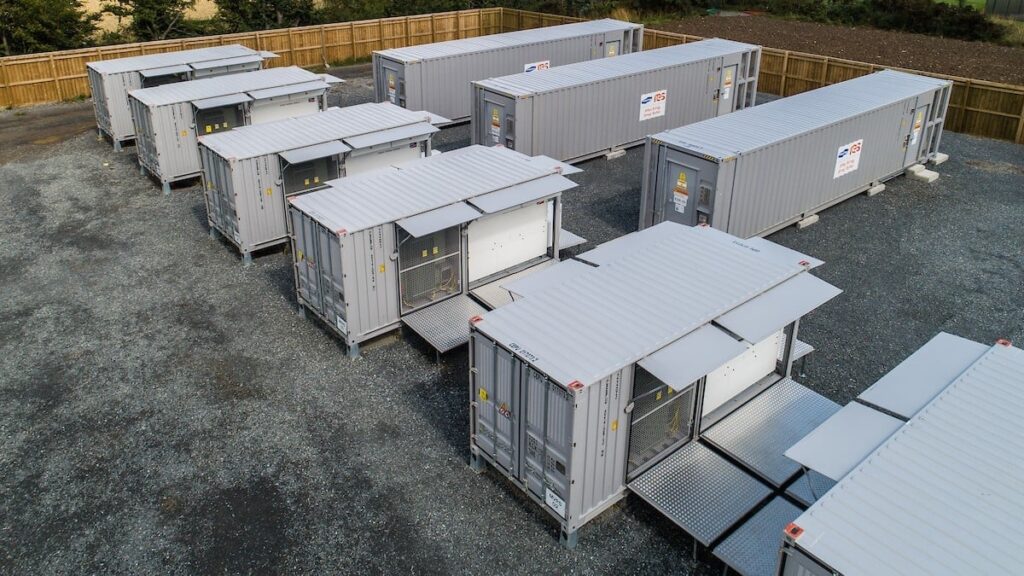
West Sussex County Council has issued an invitation to tender (ITT) for a 16MW/32MWh two-hour duration battery energy storage system (BESS).
The ITT is seeking both private and public sector organisations to deliver pre-construction services agreement (PCSA) services for the Halewick Lane BESS phase 3 project.
The proposed BESS will be built on the site of the previously derelict North Sompting Waste Management Site, near Worthing. The PCSA contract will entail “designing, assessing risks, planning, and completing all necessary tender information to offer a fixed price for procuring and constructing” the project, West Sussex Council Council said, as part of a two-stage design and build contract.
On its current timeline, the project is expected to begin construction in July 2025 and be commissioned in the first quarter of 2027. It will represent around £23.6 million in capital expenditure.
The Halewick Lane project has been in the works for several years and has experienced a number of changes and delays. Solar Power Portal made reference to the project as far back as 2018, at which point planning and decisions on the project were expected the following year.
The original plan was for a 1-hour, 24MW BESS project, but the council changed course after consultation with “a range” of independent advisors.
According to a September 2024 report to the Communities, Highways and Environment Scrutiny Committee, the initial plan was also to use second-life batteries repurposed from electric vehicles, rather than new systems. This plan changed “when Government support for the overarching project was withdrawn.”
The September report, written by assistant director of environment and public protection Wayne Lewis, also details the County Council’s ultimately abortive efforts to secure direct private and public sector contractors, before opting for an open procurement process via this ITT.
The Council initially signed a PCSA agreement with a private contractor, but the relationship was terminated after it failed to meet the terms of the contract. A similar agreement with “a public sector owned framework” also fell through, after which the Council decided to issue an open procurement call on the strength of what it called “a clear appetite from the market to work with the County Council to deliver this project.”

